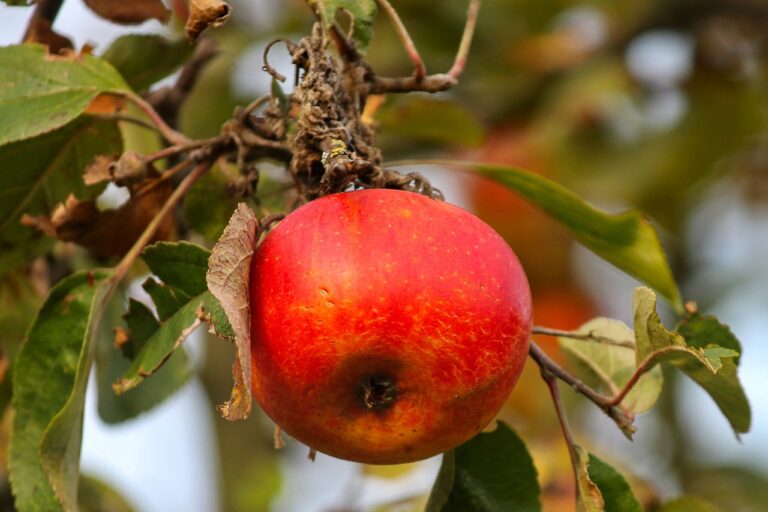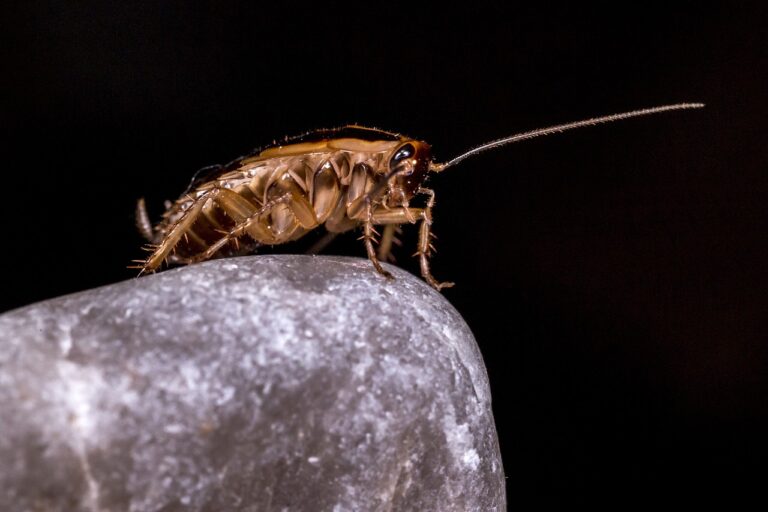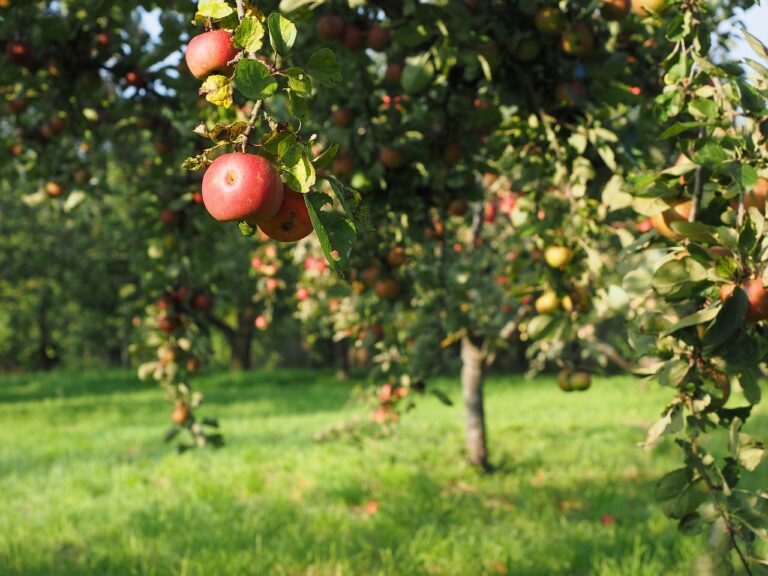Engineering Microbes for Biodegradation of Persistent Insecticides: All panal.com, Get cricket id, Gold 365
all panal.com, get cricket id, gold 365: Engineering microbes for biodegradation of persistent insecticides
In the agricultural industry, the use of insecticides is essential for protecting crops from pests. However, the widespread use of these chemicals has led to environmental concerns due to their persistence in the soil and water. This persistence can have adverse effects on non-target organisms and human health. To address this issue, scientists have been exploring the use of microbes to break down these persistent insecticides, a process known as biodegradation.
Microbes are tiny organisms like bacteria and fungi that have the ability to degrade a wide range of organic compounds, including insecticides. By engineering these microbes to target specific insecticides, researchers hope to accelerate the degradation process and reduce the environmental impact of these chemicals.
One of the key advantages of using microbes for biodegradation is their specificity. Unlike chemical treatments that can harm beneficial organisms, microbes can be engineered to target only the insecticides of interest, leaving other organisms unharmed. This targeted approach minimizes the collateral damage often associated with traditional insecticide treatments.
Furthermore, microbes are highly adaptable and can evolve quickly to degrade new or complex insecticide molecules. This flexibility makes them a promising tool for combating the growing issue of pesticide resistance in pest populations. By continuously engineering and optimizing these microbial strains, researchers can stay ahead of evolving pest populations and prevent widespread resistance.
The process of engineering microbes for biodegradation involves identifying and isolating naturally occurring microbes that have the potential to degrade specific insecticides. Researchers then use genetic engineering techniques to modify these microbes to enhance their degradation capabilities. This can involve introducing new genes that code for enzymes capable of breaking down the insecticide molecules or enhancing the expression of existing genes to boost enzyme production.
Once the engineered microbes are developed, they can be applied to contaminated soils or water bodies to accelerate the biodegradation process. Field trials have shown promising results, with significant reductions in insecticide levels observed within a relatively short period. These findings suggest that microbial biodegradation could be a viable and sustainable solution for managing persistent insecticide contamination in the environment.
FAQs
Q: Is microbial biodegradation safe for the environment?
A: Yes, microbial biodegradation is a natural process that poses minimal risk to the environment. Engineered microbes are carefully selected and monitored to ensure they target only the specific insecticides of interest.
Q: How long does it take for microbes to degrade insecticides?
A: The degradation rate can vary depending on the type of insecticide and environmental conditions. In general, microbes can start breaking down insecticides within days to weeks, with significant reductions observed over time.
Q: Are there any downsides to using microbes for biodegradation?
A: While microbial biodegradation is a promising solution, challenges such as ensuring long-term effectiveness and preventing unintended consequences must be carefully considered. Ongoing research and monitoring are essential to address these potential issues.







